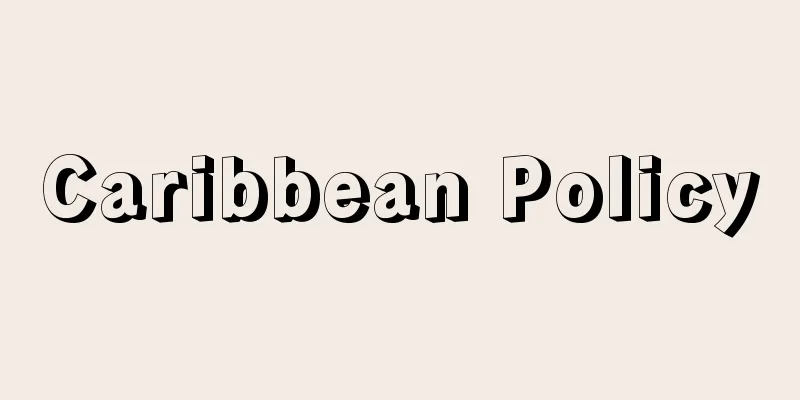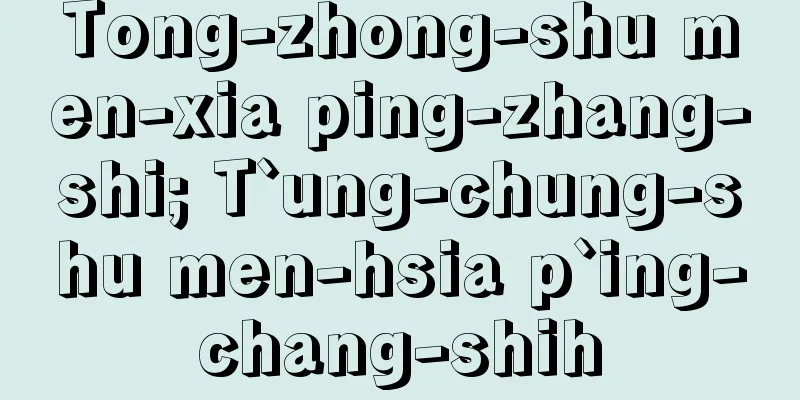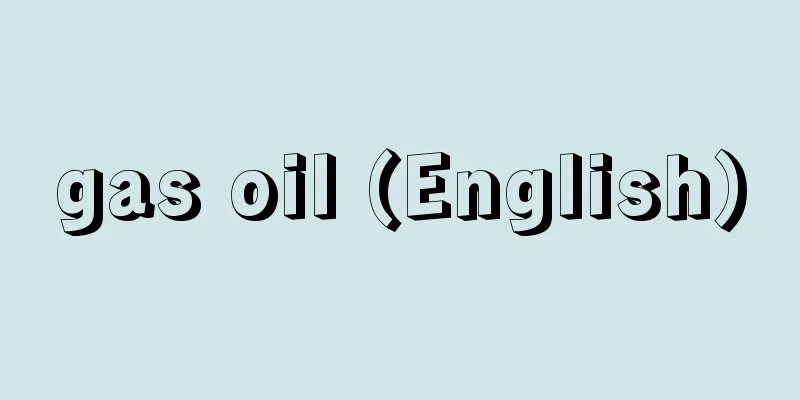Caribbean Policy

|
The policy of the United States to maintain influence over the countries of the Caribbean region (the Greater and Lesser Antilles and Central America). The United States considered the region vital to its national security, and has frequently intervened militarily in the region since the Spanish-American War (1898). When Cuba gained independence, the United States obtained the right to intervene in its internal affairs as stipulated in the Platt Amendment (1901), and when Panama gained independence from Colombia, President T. Roosevelt sent warships to assist the country. The Roosevelt administration succeeded in obtaining a permanent lease on the Canal Zone in the 1903 Canal Treaty with Panama. Roosevelt argued that the United States had a responsibility to act as an "international police force" in the Caribbean, and the administrations of William Taft and William Wilson followed suit with long-term armed intervention and financial control in the Dominican Republic, Haiti, Nicaragua, and other countries. After this, in the 1930s, F. Roosevelt adopted a good neighbor policy and promised non-intervention, and for about 30 years the United States refrained from using force. However, the situation changed dramatically when the Cold War between the United States and the Soviet Union spread to the Caribbean with the Cuban Revolution in 1959, and in 1965 the administration of L. Johnson intervened militarily in the Dominican Republic's civil war. After the Nicaraguan Revolution in 1979, the administrations of R. Reagan and G. Bush actively implemented a series of Caribbean policies, including supporting neighboring countries, aiding anti-government guerrillas (the Contras), and sending troops to Grenada (1983) and Panama (1989). Source: Encyclopaedia Britannica Concise Encyclopedia About Encyclopaedia Britannica Concise Encyclopedia Information |
|
カリブ海地域 (大小アンティル諸島と中央アメリカ) の諸国に対し,影響力を堅持しようとするアメリカの政策。アメリカは自国の安全保障にとってこの地域が死活的な重要性を有すると考え,アメリカ=スペイン戦争 (1898) 以来たびたび武力干渉を行なった。キューバ独立に際してはプラット修正 (1901) に定める内政介入権を認めさせ,パナマのコロンビアからの独立時にはその援助のために大統領 T.ルーズベルトが軍艦を送った。ルーズベルト政権は 1903年のパナマとの運河条約で,運河地帯の永久租借権の獲得に成功した。ルーズベルトは,アメリカにはカリブ海地域で「国際警察力」として活動する責任があると主張し,続く W.タフトと W.ウィルソンの政権も,ドミニカ共和国,ハイチ,ニカラグアなどに対して長期の武力干渉や財政管理を実施した。この後 1930年代に F.ルーズベルトが善隣政策を揚げ不干渉を約束してから,約 30年間アメリカは武力行使を控えた。しかし 59年のキューバ革命で米ソ冷戦がカリブ海に波及すると事情は一変し,65年に L.ジョンソン政権はドミニカ共和国の内戦に武力介入した。さらに 79年にニカラグア革命が起ると,R.レーガン,G.ブッシュの両政権は,隣接諸国へのてこ入れ,反政府ゲリラ (コントラ) の援助,グレナダ派兵 (83) ,パナマ派兵 (89) など,一連のカリブ海政策を活発に展開した。
出典 ブリタニカ国際大百科事典 小項目事典ブリタニカ国際大百科事典 小項目事典について 情報 |
Recommend
Outdoor market - Rojo
An outdoor location where meteorological observat...
Table group - Omotegu
〘Noun〙 In early modern Japanese music, one of the ...
Ixora coccinea (English spelling)
…[Kazuo Furusato]. … *Some of the terminology tha...
Nihon okami (Japanese wolf) - Nihon okami (English spelling) Japanese wolf
A species of wolf also known as the mountain dog. ...
Mill, John Stuart
Born: May 20, 1806, London [Died] May 8, 1873. Avi...
Array antenna
...In addition to these, a wide variety of antenn...
Saru River
It is the longest river in the Hidaka Subprefectu...
Pectus excavatum
(1) Pectus excavatum Definition and Concept Pectus...
Sir Halford John Mackinder
Born: February 15, 1861. Gainsborough [Died] March...
hawki
...Therefore, they are also called "heroic s...
Pterocarpus indicus (English spelling) Pterocarpus indicus
...Plants called karin in Japanese include the qu...
Kanze school
(1) A school of Noh. One of the five schools of s...
epihydrogamy
…In plants such as burdock, the male flowers are ...
Mosla chinensis (English spelling)Moslachinensis
…[Murata Gen]. … *Some of the terminology that me...
Protective colloid
...This is thought to be due to specific adsorpti...









